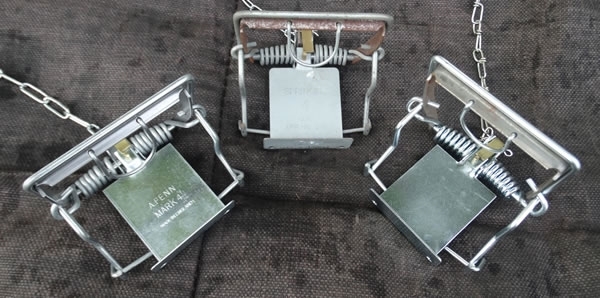
Situation
The GWCT updated members and supporters on the proposed changes to trapping standards in our Review of 2015 and on our website. We are now expecting Defra to announce a six-week consultation on their plans to implement new trapping standards on 1 January 2019.
Background
The Agreement on International Humane Trapping Standards (AIHTS), which was brokered in 1997, applies to a list of species commonly caught in the wild for their fur. Of the 19 species covered, five occur in the UK (stoat, badger, otter, beaver and pine marten). Only traps that meet the humaneness standards will be permitted for these five species. Traps that don’t, like the Fenn, will be prohibited.
So what is AIHTS?
This is an agreement between the EU, USA, Russia and Canada that sets out humaneness standards and trap-testing procedures. It seeks to set an internationally recognised benchmark for trap welfare. The agreement covers all traps, including cage traps.
Which AIHTS species are regularly trapped in the UK?
Only the stoat.
Are there approved traps for stoats?
Yes. The DOC 150 & 200 and Goodnature A24 bait traps are compliant. However, in the UK stoats are usually trapped using run-through tunnel traps and none of the existing models pass.
When will new traps be approved?
At least three new trap models are likely to be approved for use by June 2018. Other traps are currently undergoing development.
Who is assessing new traps?
Existing and new trap designs have been assessed by a Defra working group, which includes representatives from the GWCT, Countryside Alliance, BASC, Moorland Association, National Gamekeepers’ Organisation and Scottish Land & Estates, as well as government organisations Animal & Plant Health Agency and Science & Advice for Scottish Agriculture.
GWCT Predator Control Appeal
Help fund science to show the real impact of predator control
£67 – covers the cost of attending a meeting with Defra or other bodies, to present our evidence and help shape policy
£176 – buys a trail camera which can be used for several years to monitor traps and other sites
£480 – pays for a day’s labour and equipment for our three person predation team, producing the science that can influence policy and practice for years to come
Donate now >